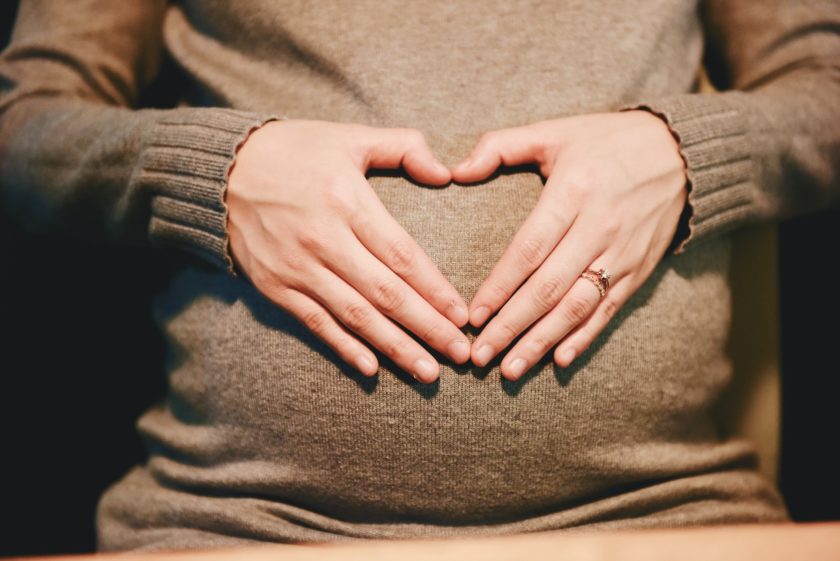The journey to parenthood can be filled with challenges, and for some individuals and couples, conceiving a child may require the help of assisted reproductive technologies (ART). Frozen donor eggs have emerged as a promising option for those facing fertility issues.
Let’s explore the success of using frozen donor eggs as an alternative to traditional IVF methods and the factors influencing their effectiveness.
Cryopreservation of Donor Eggs
Frozen donor eggs, also known as egg vitrification, is a fertility preservation technique that involves retrieving eggs from a healthy donor, freezing them, and storing them in a frozen donor egg bank until they are needed for in vitro fertilization (IVF). Frozen donor eggs are subsequently thawed and fertilized with your partner’s or donor’s sperm once you need them for fertility treatment. Eventually, it will develop into an embryo that can be transferred to the recipient.
Benefits of Using Frozen Donor Eggs

Comparable Success Rates
Research has shown that the success rates for frozen eggs are equal to those for fresh donor eggs. According to the Society for Assisted Reproductive Technology (SART), the success rates for frozen donor eggs in terms of live births per embryo transfer have been steadily increasing and approaching those of fresh donor eggs.
Reduced Risk of Ovarian Hyperstimulation Syndrome (OHSS)
One notable advantage of frozen donor egg cycles is the lower risk of OHSS, which can arise from the hormonal stimulation required in fresh donor egg cycles. This reduced risk enhances the safety of the procedure for recipients.
Improved Embryo Selection
The freezing process allows more time to assess the quality of embryos, increasing the likelihood of selecting the best ones for transfer. That might result in higher success rates.
Lower Cost
While fertility treatments can be expensive, frozen donor egg cycles are often more cost−effective than fresh cycles. Such differences can be since they eliminate the need for donor synchronization and reduce the risk of complications related to hormone stimulation.
Shorter waiting periods
Since frozen donor eggs are frequently already in stock, there are rarely any lengthy waiting lists to find a reliable egg donor. Compared to a fresh donor cycle, an embryo transfer can happen significantly faster because the frozen eggs are already vitrified and in storage.
Also Read: What Should A Couple Do To Increase Their Chances Of Getting A Child?
Challenges and Considerations
While frozen donor eggs offer numerous advantages, they come with their own set of challenges and considerations:
- Cost
The cost of using frozen donor eggs can be similar to that of fresh donor eggs. However, you might have additional expenses associated with the thawing and preparation of frozen eggs, making it a potentially expensive option.
- Limited Donor Choices
Some recipients may find fewer donors available when opting for frozen eggs, as not all donors choose to freeze their eggs. This limitation in donor selection can be a drawback for those seeking specific characteristics in a donor.
- Variability in Egg Quality
Despite advances in freezing techniques, there can still be variations in the quality of frozen donor eggs. This variability may affect the chances of a successful pregnancy. Many individuals and couples choose preimplantation genetic testing (PGT) to increase the success of using frozen donor eggs. PGT makes it possible to check for genetic and chromosomal abnormalities in embryos before implantation, increasing the likelihood of having the best chance of successful implantation and a healthy pregnancy.
- Storage Concerns
There is a slight chance of damage occurring during the thawing process, and careful storage is required for frozen eggs. While modern techniques have improved the safety of freezing and thawing, this concern exists.
- Psychological Impact
Using frozen donor eggs can be emotionally challenging for recipients. It may involve additional waiting time and uncertainty, contributing to emotional stress and anxiety. Seeking professional support, connecting with loved ones, and exploring alternative options will help you navigate this journey and move forward with hope and resilience.
Also Read: Mom Is Filming Her Children When She Realizes Something Absolutely Terrifying
Factors Influencing Success
The success of using frozen donor eggs can be evaluated by considering several key factors:
- Age of the Donor: The age of a woman donating her eggs plays a crucial role in the procedure’s success. Donors in their twenties or early thirties typically produce higher−quality eggs with a better chance of resulting in a healthy pregnancy.
- Maternal Age: The age of the recipient equally matters. Female fertility declines with age, and older recipients may face lower success rates when compared to younger ones.
- Lifestyle Factors: Maintaining a healthy lifestyle, including a balanced diet, regular exercise, and stress management, can contribute to overall well-being and positively affect IVF outcomes.
- Clinic Expertise: The expertise of the fertility clinic and its embryologists has a high impact on the success of IVF treatments. Selecting a trustworthy and well−established medical facility is of utmost importance.
- Underlying Medical Conditions: Recipients with underlying medical conditions, such as uterine abnormalities or certain genetic disorders, may face additional challenges that can affect the procedure’s success.
Also Read: Here Are 33 Parents Who Have An Awesome Sense Of Humor
Conclusion
The usage of frozen donor eggs has revolutionized the field of assisted reproduction, offering new hope to individuals and couples struggling with infertility. With comparable success rates to fresh donor eggs, the convenience, flexibility, and safety advantages of frozen donor egg cycles make them an attractive option for many.
However, it is essential to remember that success rates can vary depending on various factors, including the age of the donor and recipient, egg quality, and the expertise of the fertility clinic. Therefore, individuals and couples considering this option should consult with healthcare professionals like Ovogene to assess their unique situation and make an informed decision.
Ultimately, the increasing success rates and technological advancements in reproductive medicine provide hope for those on their journey to parenthood.

